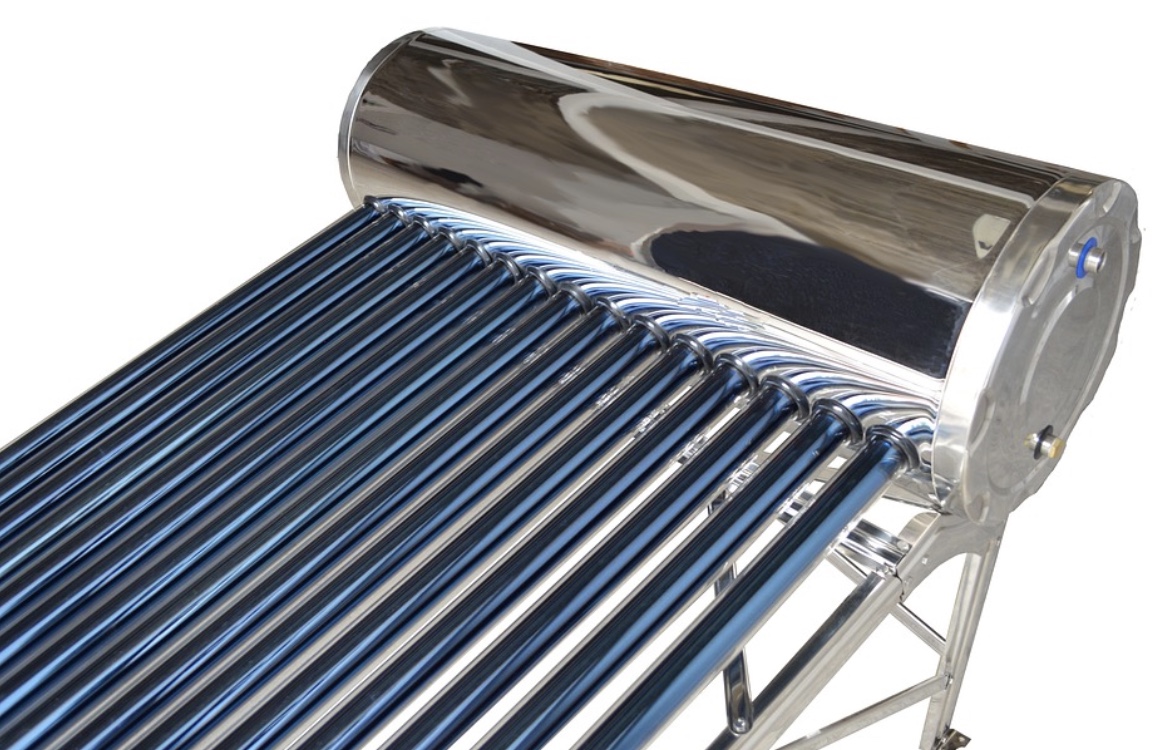Water heaters are a great way to take warm showers fast during those cold nights and the winter season. The problem though is that if you aren’t careful with it, a water heater can actually make your water and electricity bill balloon. It’s the best way to know how you can be more efficient with it.
According to studies, water heaters can consume up to 4,000 watts of electricity, which is heavy. People are so focused on this number that they seem to forget that water heaters consume a lot of water too. Here’s how you can effectively use the system so that you don’t wastewater.
Contents
Insulate The Tank
The tanks of water heaters are often exposed. While these are usually no problem during the summer season, the tank itself can usually become affected during the winter. If it’s really cold, the tank itself will become cooler and thus, it will make water heating a lot more difficult for the tank.
What you need to do is to protect the tank from the cold elements. A good way to do this is by insulating the tank itself. Insulating means covering the tank with something that can help regulate the heat. This is not just an efficient way to run your water tank during the winter season.
Even if it’s not winter, it would be wise to keep your tanks insulated. This is because if it’s protected, the tank can retain heat better as well. This means that the water you get on your end will always be at the right temperature.
Always Check For Leaks
Leaks are very common for water heaters due to regular wear and tear. As such, the folks at Water Heater Leaking Info suggest always having your water heater pipes checked for any leaks. It’s very important that you do so because leaks can grow worse in a short amount of time.

These can occur from many factors. It could be through a hard object heating the system. It can also be through rusting on metal components. Even if the leaks just produce droplets of water, those can accumulate over time, and in turn, it wastes a significant amount of water as well.
Aside from directly checking for leaks, another way to determine if there are any is by checking on a few signs. For starters, you can check if the water heater begins functioning less efficiently than it used to. Another sign to look for is if the heater produces weaker water pressure when being used.
Drain Tank Regularly
Most people tend to forget the importance of draining the tank regularly. Some people do it monthly, but that’s a bit of an overkill. Ideally, you’d want to drain your tank annually. This is a very important thing to do, not just to save water, but also to make sure that your tank works properly.
The tank will have a build-up of sediments over time. What these can do is prevent your water tank from regulating heat properly. Draining the tank removes all of these sediments, thus ensuring that your water tank is working as efficiently as possible, so you don’t waste any water.
Never Use It When Unnecessary
A lot of people are too lazy to turn off the heater when it’s not necessary. Only use it when you’re taking a bath or a dip in the tub. If you’re using it for anything else other than those two, you are wasting water big time. The effort you take in turning off the heater can go a long way.
Be smart about how you use water in general. This is especially the case for your water heater.
Consider Replacing Old Appliances
If you are using your water heater on appliances like the dishwasher or the washing machine, it’s best to make sure that you aren’t using an old model. The problem with old models is that they are less efficient when it comes to water consumption.
Any appliance that uses a water heater that is more than 10 years old should be replaced. It’s not going to be good for your water heater because these types of appliances actually waste a lot of water. While getting a new appliance is expensive, it’s well worth it in the long run.
These tips and hacks are going to make sure that you are getting the most out of the precious water that comes out of your water heater. As long as you play by these rules, you won’t have to deprive yourself of warm water ever again.
